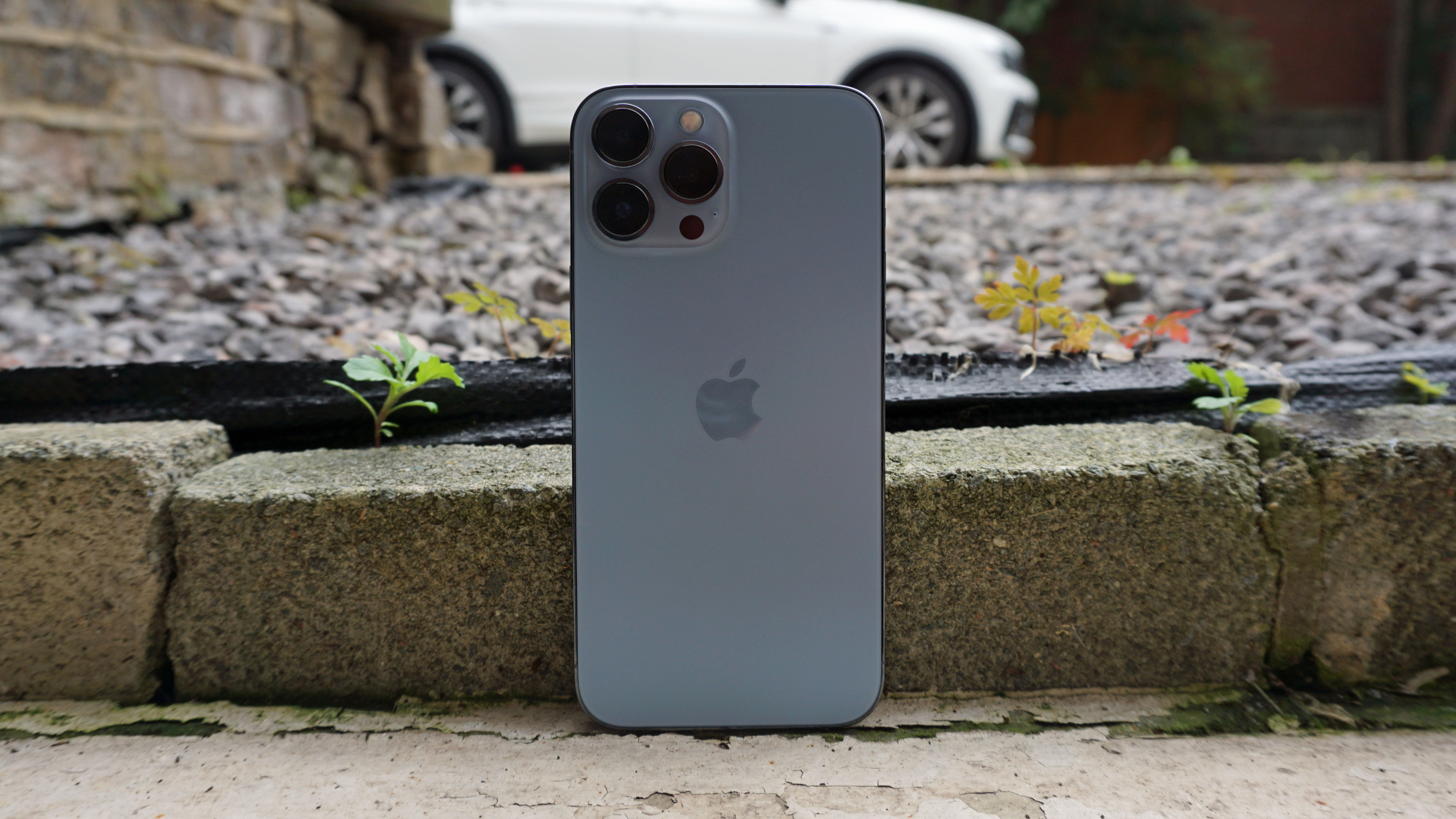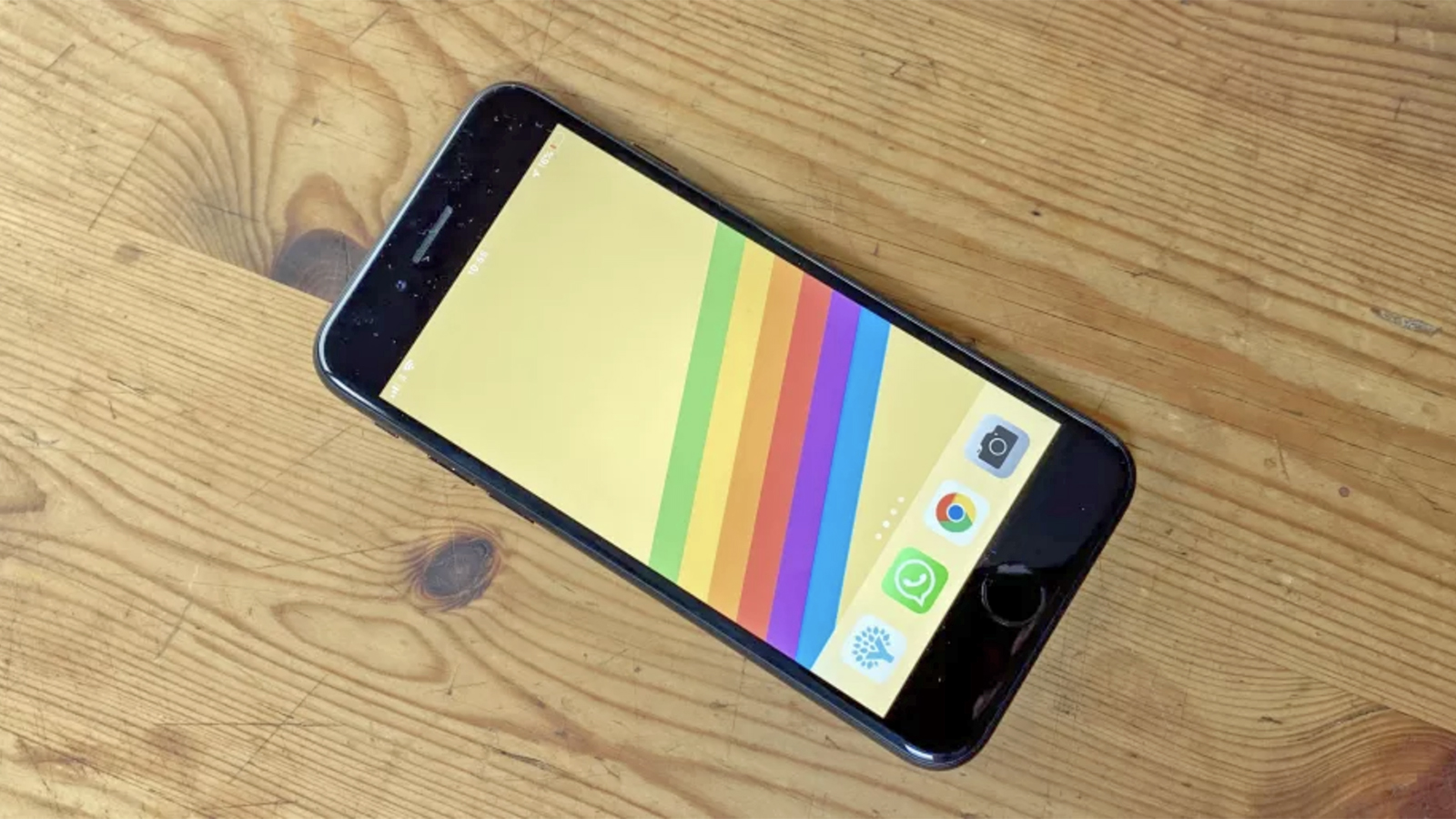If you're an iPhone fan, you must have heard the news recently that the EU is gearing up to mandate a standard charger for new devices - that is to say, future iPhones from 2024 will have to use USB-C.
This is big news - Apple has used its proprietary Lightning port for charging iPhones for years now, despite nearly all Android phone makers stepping up to the USB-C standard (and Apple itself using USB-C for iPads).
Even though the EU only governs Europe, this mandate would likely force Apple to change its future iPhones around the world - it wouldn't be practical for the brand to sell the same device with different ports in various countries.
So expect the iPhone 16 in 2024 to pack a USB-C port, unless Apple decides to introduce it early with the iPhone 15 or even iPhone 14 this year (though the latter is unlikely, given Apple hasn't had much time to prepare).
That's not the end of the world - USB-C is faster for both charging and data transfer, so future flagship iPhones will only be better for the change.
However that's not quite the case for the wider world of Apple phones.
There are many more iPhones
You might be surprised to know that not every iPhone sold each year is in the numbered series, and non-flagship models make up a surprising number of sales. Not only are there often affordable iPhone SE models (of which we will likely see a new edition in 2024), but there's a huge market for older iPhones too.

Apple often sells these older models that it's decided to keep around, generally for less than the launch price. Right now, even though the iPhone 13 devices are the newest ones, the standard iPhone 12 and iPhone 11 are both available from the company itself.
And if you shop around, you can find even older versions available from third-party retailers - Walmart has a habit of selling five-year-old iPhones during sales seasons, and Amazon usually has stock of many generations' worth of iPhones.
Let's not forget the entire refurbished phone industry, which exists to repair and re-sell second-hand devices like iPhones - Apple sells these devices itself sometimes, as do many other companies.
Each of these options is great for people who can't afford the newest iPhone, and wants an older or less-powerful version for cheap.
Forget those iPhones
If, from 2024, Apple can no longer sell iPhones with a Lightning port, it won't just affect the iPhone 16. No, the company won't be able to sell any devices without USB-C - that includes older models, SE devices and refurbished models too.
Any phones literally already on store shelves will be fine, but Apple can't create new stock to sell - that means, unless the company decides to stockpile Lightning iPhones ahead of time, these older models can't go on sale in the EU.
Apple could decide to ship all these Lightning iPhones to the UK or US, two countries ungoverned by the EU (and the former of which has stated that it has no plans to emulate the EU's rule). That would work for older iPhones, especially given that Apple has stopped selling in-box chargers, meaning there would be no issues of EU plugs turning up to UK customers.

But that still means that, in most of Europe, there won't be any stock of older iPhones for people to buy. There won't be any spare iPhone SE devices or (presumably then affordable) iPhone 13 devices to pick up, meaning European buyers will be stuck with the newest device.
And if that's an issue affecting a large continent, Apple might decide to reduce the production of these models, thereby affecting availability everywhere else.
Given that many of Apple's sales are of these older iPhones, ones it positions as affordable alternatives to the pricey recent flagships, it means those looking to buy a new iPhone will have no choice but to spend a lot on the newest model. In a cost-of-living crisis, that isn't quite ideal.
The EU's rules sound like they could protect the renewed industry though - given that these phones are already on the market, it sounds like Apple will still be able to accept trade-ins, fix up these devices and continue to sell them. This could be a smart way for it to work around the rules - if the EU does accept this. But there's no certainty of that.
Big sweeping changes like this will always have knock-on effects in the many corners of the tech world, especially ones that don't come naturally from the ebbs and flows of tech trends. And the EU's intent is smart - Apple's insistence on maintaining the Lighting port does lead to lots of e-waste and some anticompetitive actions.
But each worthy act can have some unintended consequences, and the EU's Lightning port ban could have a devastating knock-on effect on the older iPhone market.
At least there are plenty of other cheap phones from Android brands to look at instead.
- Take a look at the best iPhones
from TechRadar - All the latest technology news https://ift.tt/8DsQKwN







No comments:
Post a Comment